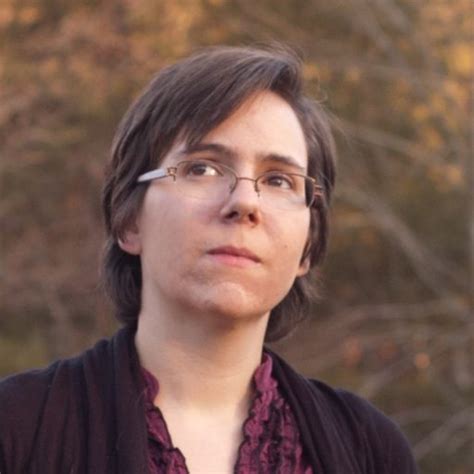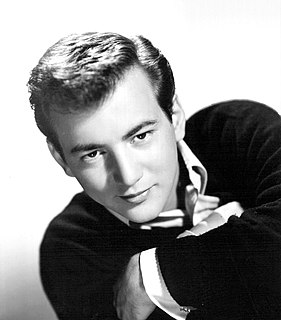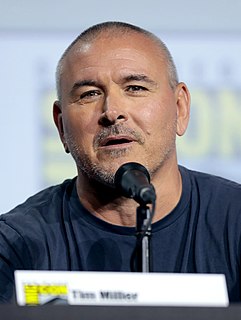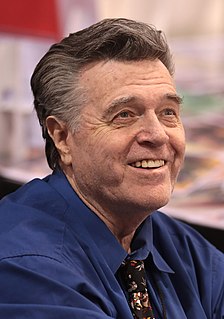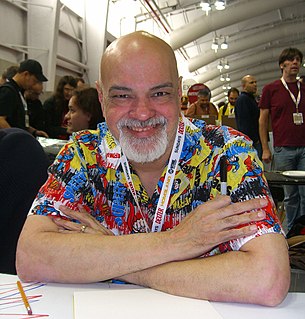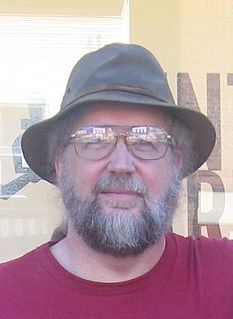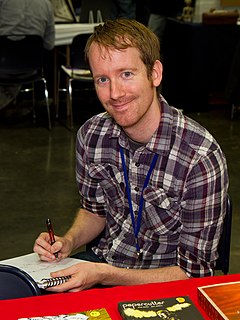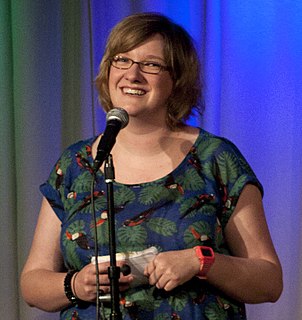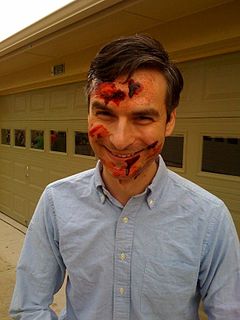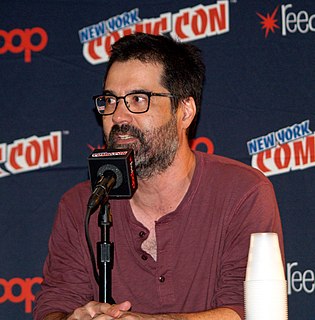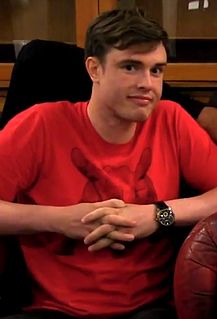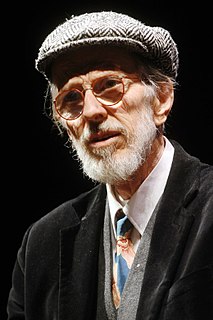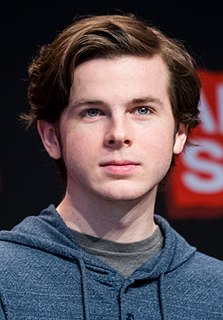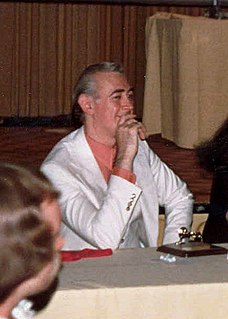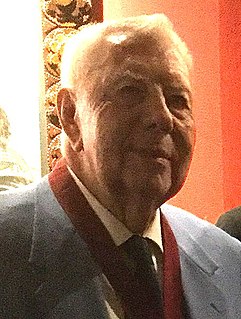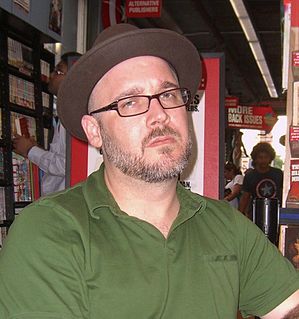Top 1200 Comics Quotes & Sayings - Page 2
Explore popular Comics quotes.
Last updated on September 19, 2024.
More and more, I tried to make comics in the way I like to read comics, and I found that when I read comics that are really densely packed with text, it may be rewarding when I finally do sit down and read it, but it never is going to be the first I'm going to read, and I never am fully excited to just sit down and read that comic.
Almost everyone working in mainstream comics started off as a starry-eyed kid reading and loving comics. We're all fans, and that's great. But when we start working on company-owned comics professionally, we have to think like storytellers instead of fans. Editors aren't looking to hire the biggest fans of the characters. They're looking to hire the best creators with the best ideas.
Storytelling is one of comics' esthetic hurdles at the moment, which was the novelist's problem 150 years ago: namely, to take comics from storytelling into that of "writing," the major distinction between the two to me being that the former gives one the facts, but the latter tries to recreate the sensation and complexities of life within the fluidity of consciousness and experience. As far as I'm concerned, that's really all I've been trying to do formally for the past decade or more with comics, and it's certainly time-consuming, since it has to be done with drawings, not words.
I was going to be a storybook illustrator or an editorial illustrator. I ended up in a comics class by mistake because all the others were full, so I was like 'I'll stay for one class, and then I'll go take something else, because I don't care about comics.' I got pulled in really fast; I discovered I had a voice in comics that I didn't know I had.
The good part of what comics trains you to do is it trains you - especially if you've worked in mainstream comics like Marvel and DC, or if you're just doing your own independent comics - to compartmentalize things and work on multiple things at the same time. And that's a skill that is incredibly handy in Hollywood, because within the first year that you get here, you realize there's a reason why every successful person in Hollywood has like seven or eight projects up in the air at any point.
